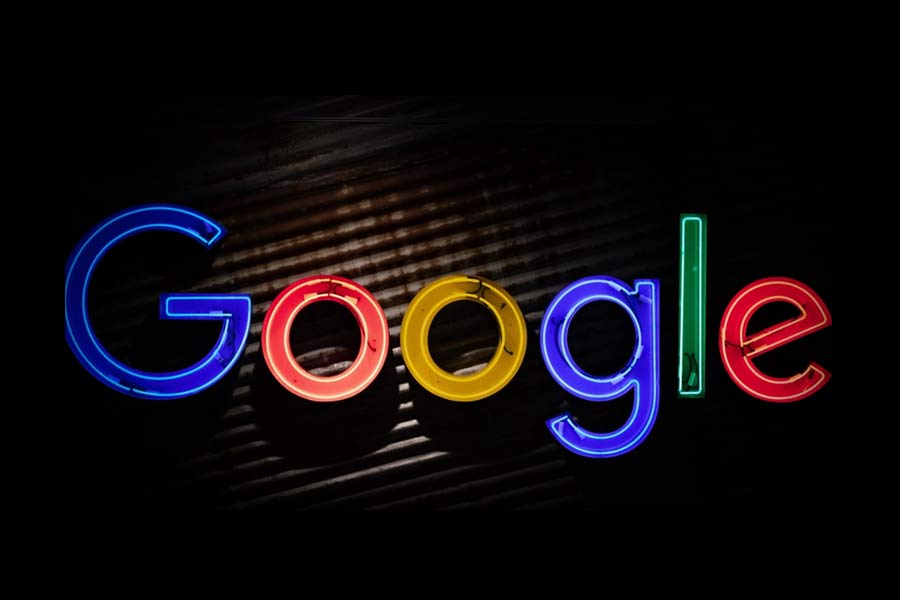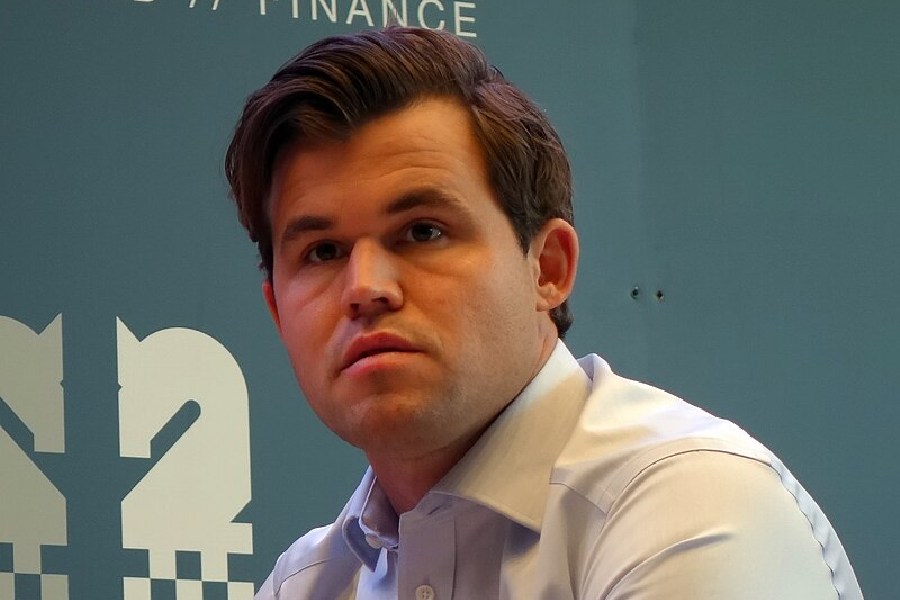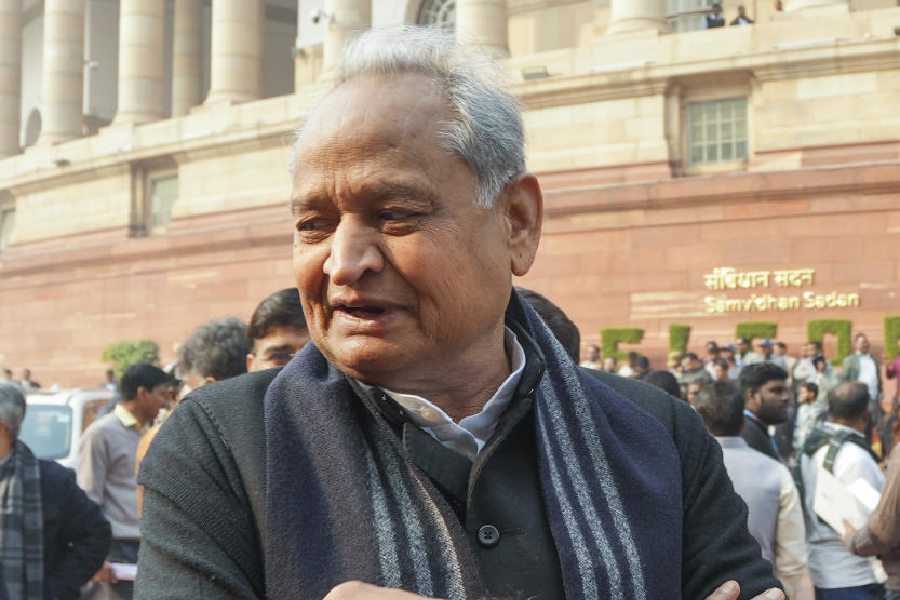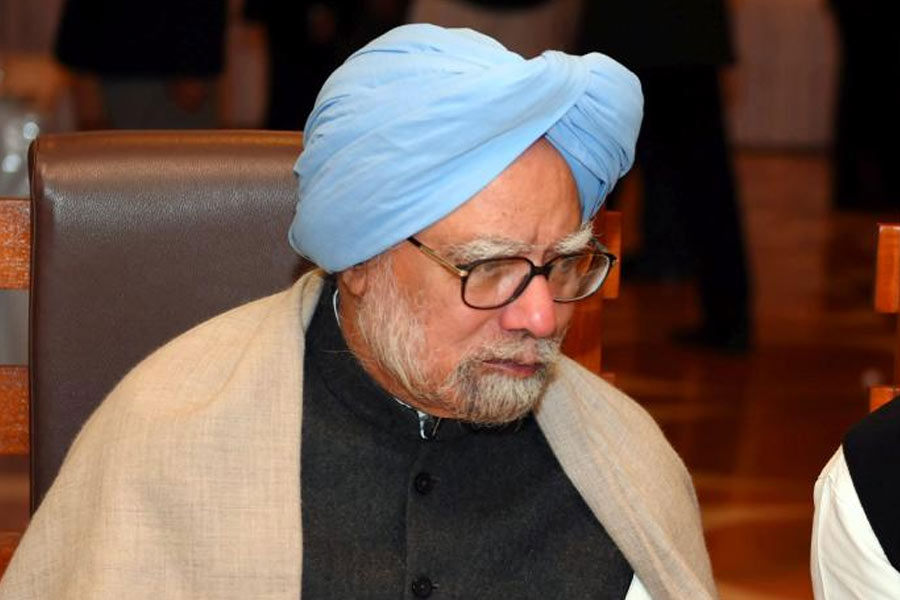Fair trade watchdog CCI on Friday ordered a probe against Google for alleged discriminatory practices with respect to its Play Store pricing policy after finding a prima facie violation of the competition law, reports PTI.
The order for detailed investigation comes less than two years after the Competition Commission of India (CCI) penalised and passed various directions against Google regarding Play Store policies.
The regulator's latest decision came on a raft of complaints that Google's updated payment policies in relation to its proprietary app store -- Google Play Store -- which is alleged to be in violation of the competition law.
The complainants are Anupam Mittal's People Interactive India Pvt Ltd, Mebigo Labs Pvt Ltd, Indian Broadcasting and Digital Foundation (IBDF) and the Indian Digital Media Industry Foundation (IDMIF).
The order also comes less than two weeks after Google removed some apps from the Play Store over payment issues and later reinstated them.
In their complaints, they alleged that the payment policies are stated to be impacting several stakeholders, including app developers, payment processors and users alike.
A Google spokesperson said it is examining the CCI's order to initiate the investigation.
"The CCI has previously examined our service fee in detail between 2020 and 2022 and found no illegality. However, we take our commitment to comply with local laws and regulations in India seriously and will cooperate with the process in every way," the spokesperson said.
The CCI noted that there were concerns regarding the revenue distribution model within the Google Play Store app developers potentially facing substantial costs, with nearly half of their chargeable value, towards the service fee of Google (up to 30 per cent) and an additional 20 per cent spent on advertising across Google's platforms and third-party apps.
However, Google claimed that 97 per cent of developers pay no service fee at all.
According to the regulator, Google has other revenue streams from the 'free apps' listed on Play Store, in the form of advertisement-related revenue or otherwise.
Therefore, the watchdog said it appears that these 97 per cent of apps also contribute to the recoupment of the costs associated with the Play Store and Android ecosystem, in addition to the service fee.
In its 21-page order, the regulator stated that Google has claimed that the service fee has been charged for a multitude of services provided by Play Store to app developers.
If the fee is for the services rendered to app developers, then the reasoning given by Google does not appear to be reasonable, the watchdog noted.
Further, it said the issue assumes importance in view of the fact that various physical delivery apps are very large in size and yet do not contribute towards recoupment of Google's investment in Play Store (as claimed by Google).
"Extending this further, it is not clear as to why consumption-only apps have been allowed relaxation when their content is consumed within the app. On the whole, the applicability of service fee seems to be arbitrary and discriminatory," the CCI said.
The watchdog has ordered a detailed probe by its Director General after prima-facie finding that Google has violated Section 4 of the Competition Act that pertains to abuse of dominant position.
In the present matter, app developers appear to have insignificant bargaining power vis-a-vis Google and are forced to accept terms that deter legitimate competition and increase their costs of operation.
The app developers have no choice but to agree to the terms and conditions unilaterally decided by Google, otherwise, they will not be able to access a vast pool of potential Android users in India, the regulator said.
However, the CCI said it also appears that Google has used its virtual monopoly power to reap trading benefits which it would not have reaped if there had been effective competition.
Given this complete dependence of app developers on Google Play Store, the price being charged by Google appears to be unfair in itself, it added.
Among the complainants, People Interactive India operates online matchmaking classified services Shaadi.com and Sangam.com and Mebigo Labs owns the brand 'Kuku FM'.
IBDF is an organisation that works towards the interests of the Indian television and digital media industries, and IDMIF is a subsidiary of IBDF.
It has also been alleged by IBDF/IDMIF that Google is also discriminating among similarly placed apps in the OTT industry itself. The use of Google Play Billing System (GPBS) has not been mandated on that app so it is free to use its own embedded payment system.
Under the GPBS, Google imposes a 15-30 per cent service fee/ commission for in-app purchases and subscriptions, whereas, for developers who choose its alternative billing systems (ABS) alongside GPBS, the rate of commission payable to Google is 11-26 per cent, marking a reduction of 4 per cent on the service fee.
The complainants also alleged that Google had disregarded a previous order from the competition watchdog directing the tech giant to refrain from preventing app developers from charging in-app purchases on Google Play or from using third-party billing or payment processing services.
This is the second major order passed by the CCI against Google in respect of the Play Store. In October 2022, the CCI slapped a penalty of Rs 936.44 crore on the internet major for abusing its dominant position with respect to its Play Store policies.
Besides, Google has directed the company to cease and desist from unfair business practices as well as carry out various measures to address the anti-competitive issues within a defined timeline. The ruling was challenged by Google.











